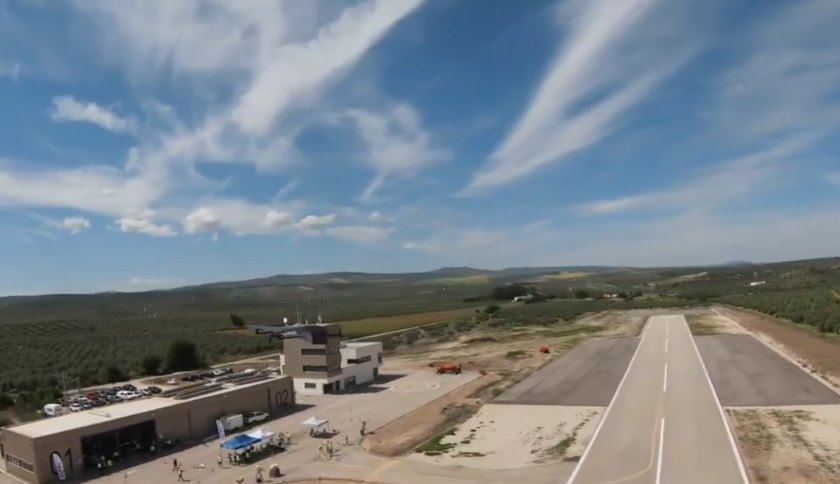Interpol and partners recently conducted the third trial for Project COURAGEOUS, which aims to develop a standardised test methodology for detecting, tracking and identifying illicit drones. This methodology will be based on a series of standard scenarios that represent a wide range of locations and situations, for example, security at prisons, airports, critical infrastructure and borders, and countering drug and human trafficking.
Two validation trials have already been held, in Belgium and Greece. The latest trials in Spain provided an opportunity to test and evaluate various countermeasures against uncrewed aerial systems. The Project COURAGEOUS team considered factors such as reliability, accuracy, and ease of deployment.
Senior Forensics Specialist at Interpol, Christopher Church, said in a LinkedIn post that the trials in Spain played a “pivotal role in evaluating the performance of these countermeasures under real-world conditions, enabling the project team to gather valuable data and insights”. Church also shared a video overview of the trials.
Project Courageous is implemented by a consortium of partners, coordinated by the Belgian Royal Military Academy. Interpol is leading the dissemination and outreach efforts of the project, based on the organisation’s existing work in developing standard operating procedures related to counter drone operations, and its global law enforcement network. Law enforcement partners include Belgium, Estonia, Greece, Luxembourg, Romania, Spain. Research and technology partners include the Royal Military Academy, Belgium; TNO, the Netherlands organisation for applied scientific research; the Center for Security Studies, Greece; the Military University of Technology, Poland; and the University of Seville, Spain.
For more information
Image: Screenshot of the video from the trials in Spain




